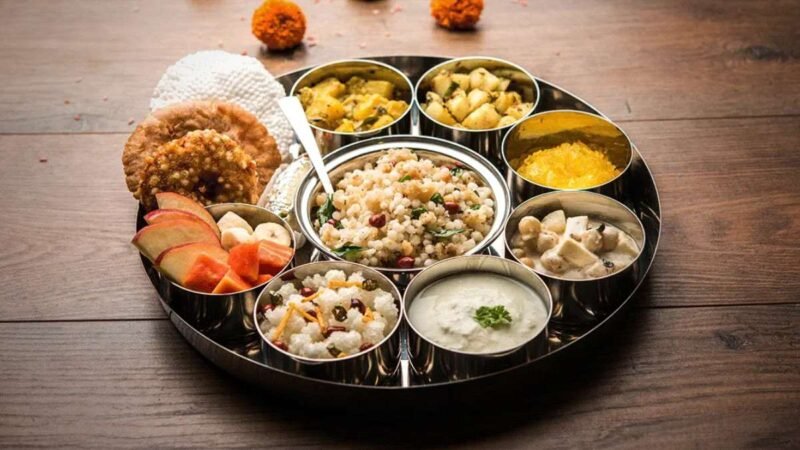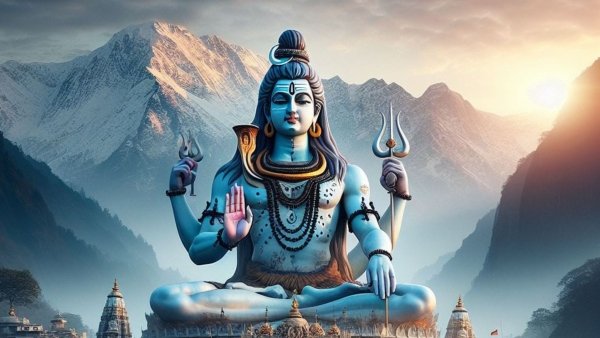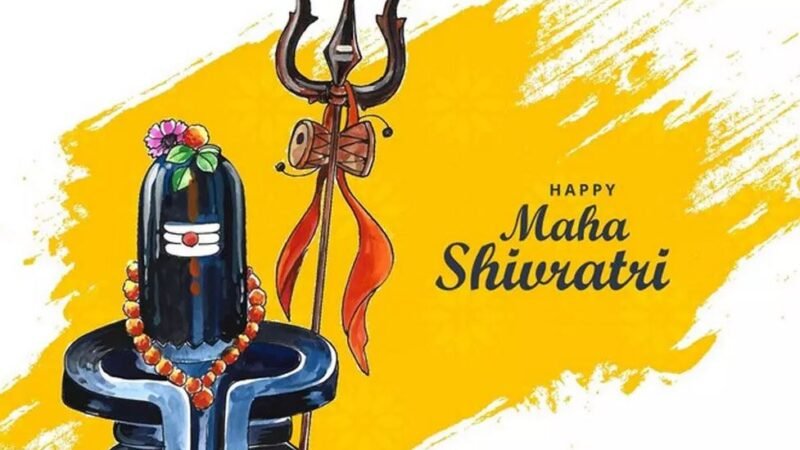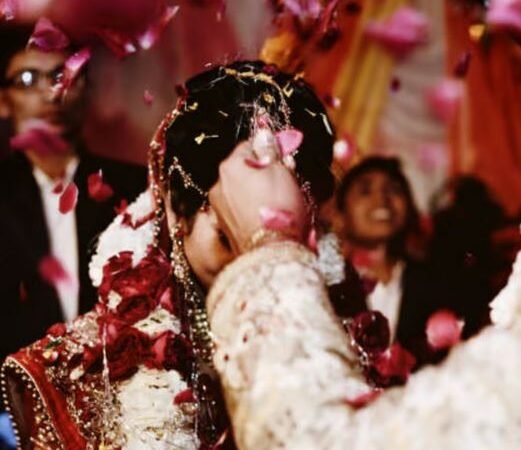Holi 2024: Date, timing, importance, and everything you should be aware of
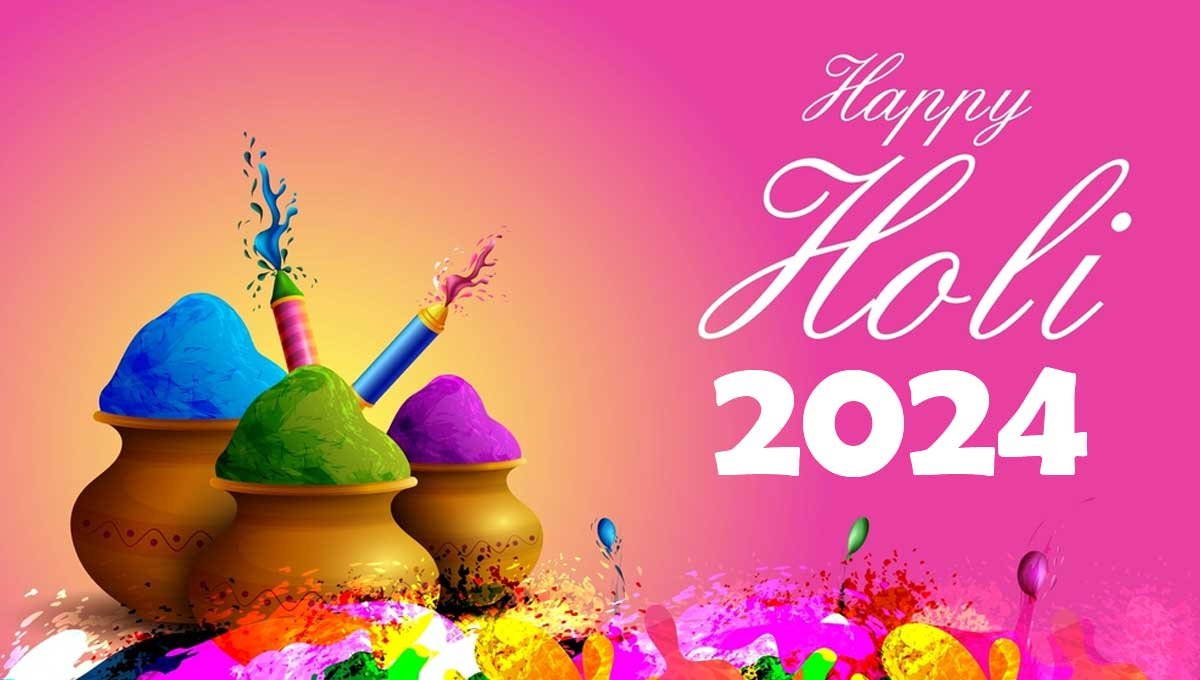
Holi, among the liveliest and most exuberant Hindu festivals, is enthusiastically celebrated throughout India and by the global Indian community. Taking place on the full moon or Purnima evening of the Phalguna month in the Hindu calendar, Holi usually falls in late February or March in the Gregorian calendar, marking the arrival of spring and the departure of winter.
The festival provides an opportunity for people to come together, put aside differences, and enjoy the vibrant moments of life.
HOLI 2024: DATE AND TIMINGS
According to the Hindu calendar, Holi is observed annually on the full moon day of the Falgun month. In 2024, Holi falls on March 25, which happens to be a Monday.
The day preceding Holi is marked as Holika Dahan, or Choti Holi, occurring on Sunday, March 24, 2024.
HOLI 2024: THE ORIGIN
Holi, the lively and colorful festival, traces its roots to Hindu mythology, particularly the story of Prahlad and Hiranyakashyap.
Legend has it that Prahlad, a devoted follower of Lord Vishnu, was protected from the malevolent intentions of his father Hiranyakashyap by Lord Vishnu himself.
Hiranyakashyap’s sister, Holika, possessed a boon that granted her immunity to fire. She devised a plan to eliminate Prahlad by luring him into her lap while sitting on a blazing fire.
To everyone’s surprise, the fire spared Prahlad and instead consumed Holika, symbolizing the victory of good over evil. This event is commemorated on the first day of Holi, known as Holika Dahan.
In Mathura and Vrindavan, Holi is also interpreted as a celebration of the divine love shared between Lord Krishna and Radha.
HOLI 2024: SIGNIFICANCE
Holi marks the arrival of spring and the triumph of good over evil, commencing with Holika Dahan—a ceremonial bonfire symbolizing the eradication of malevolent forces.
On the day of Holi, lively festivities unfold with people engaging in vibrant play, accompanied by music and dance, embodying feelings of forgiveness, affection, and joy.
Traditional delicacies like gujiya and refreshing beverages such as thandai add to the celebration, enhancing the festive spirit and fostering a sense of communal unity.
Friends and family come together to revel in the playful atmosphere of the festival, enjoying delicious food and participating in spirited merriment.
The occasion is characterized by the spirited use of colors and water, ensuring an enjoyable experience for all immersed in the festive cheer.

